A century ago, debates about the failed Child Labor Amendment turned on larger issues about work, childhood, and the role of government.
or have been strengthening and updating the laws on their books. The legislative debates come amid reporting about the dangers and even deadly conditions that many children—particularly immigrants in undocumented families—face in their workplaces.
Frustrated opponents of child labor then moved to amend the U.S. Constitution, seeing it is at the only way to remove children from dangerous and sometimes deadly workplaces and to ensure they received an education. In 1924, Grace Abbott, Chief of the U.S. Children’s Bureau, an agency within the Department of Labor, described the Child Labor Amendment as a way to protect children from “premature employment, excessive hours, and hazardous occupations.
Amendment supporters responded that the census figures did not account for an overall decline in the labor force due to a recent industrial depression, nor did their figures acknowledge the effects of the previous short-lived 1919 Revenue Act, had still been on the books during the census. The data offered by Amendment opponents, they argued, did not reflect the actual situation.
Then, as now, debates about child labor laws elicited vastly different ideas about what work did for and to children. The simple language of the Amendment contrasted with the heated rhetoric of the congressional debate. It read, simply, “The Congress shall have the power to limit, regulate, and prohibit the labor of persons under eighteen years of age,” and said states could pass laws stricter than ones that might be enacted by Congress. Notably, the Amendment said nothing about what measures might be passed if states failed to enact adequate protections.
Claims about a federal takeover of parental authority appeared frequently in letters to editors of local papers and in public addresses as states debated ratification. Columbia University President D. Nicholas Murray Butler, speaking to the Sentinels of the Republic, a states’ rights group, warned that the Amendment would make possible the “substitution of Congressional control of childhood and youth for the natural relationship of parent and guardian.
United Kingdom Latest News, United Kingdom Headlines
Similar News:You can also read news stories similar to this one that we have collected from other news sources.
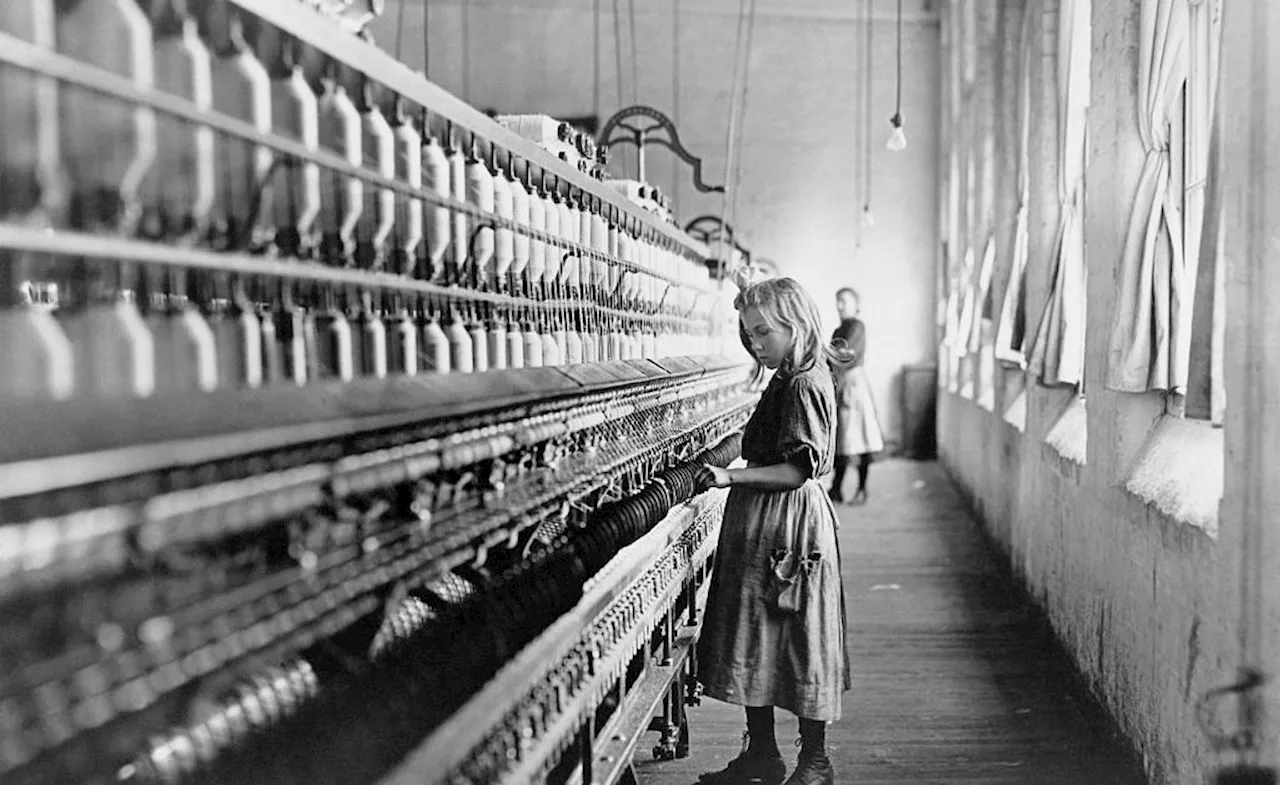 The Forgotten History of the Child Labor AmendmentState-level rollbacks to child labor protections point to the need for a constitutional amendment that reformers introduced 100 years ago.
The Forgotten History of the Child Labor AmendmentState-level rollbacks to child labor protections point to the need for a constitutional amendment that reformers introduced 100 years ago.
Read more »
 Child abduction accused allegedly 'kissed another child' before incidentNoleen Creen is accused of attempted child abduction after picking up a one-year-old and walking away with them
Child abduction accused allegedly 'kissed another child' before incidentNoleen Creen is accused of attempted child abduction after picking up a one-year-old and walking away with them
Read more »
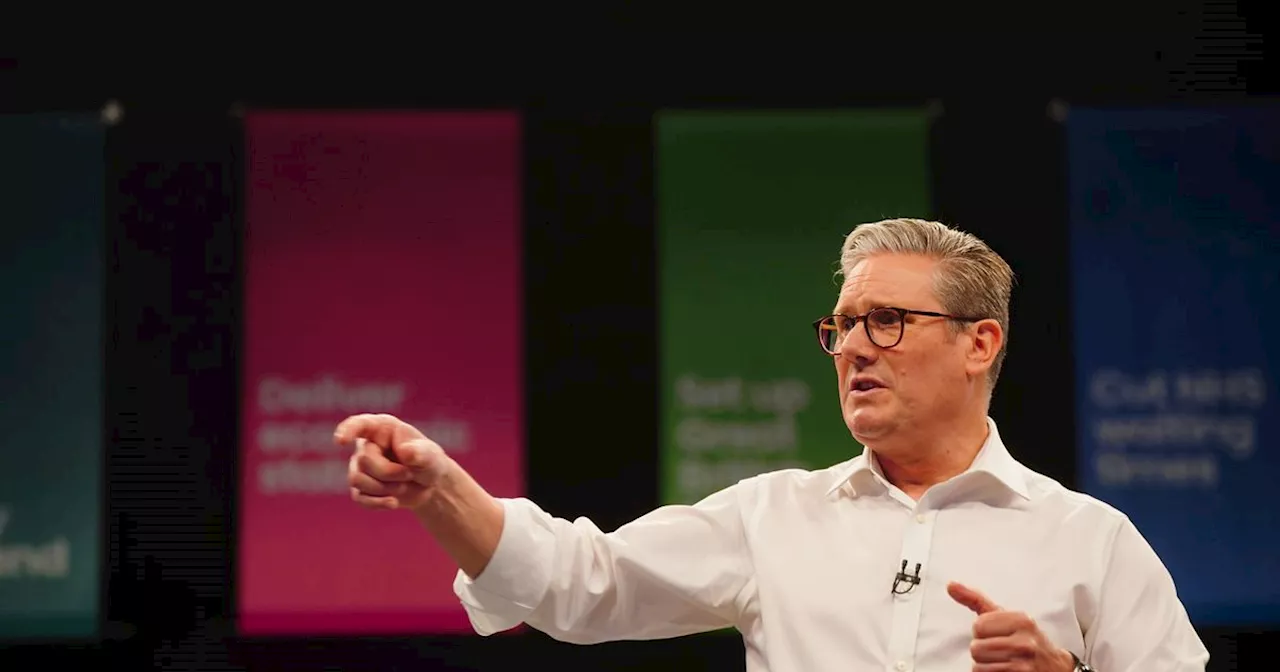 Keir Starmer vows to end child poverty but refuses to scrap two-child benefitThe UK Labour leader said his party would 'put a strategy in place' for ending child poverty.
Keir Starmer vows to end child poverty but refuses to scrap two-child benefitThe UK Labour leader said his party would 'put a strategy in place' for ending child poverty.
Read more »
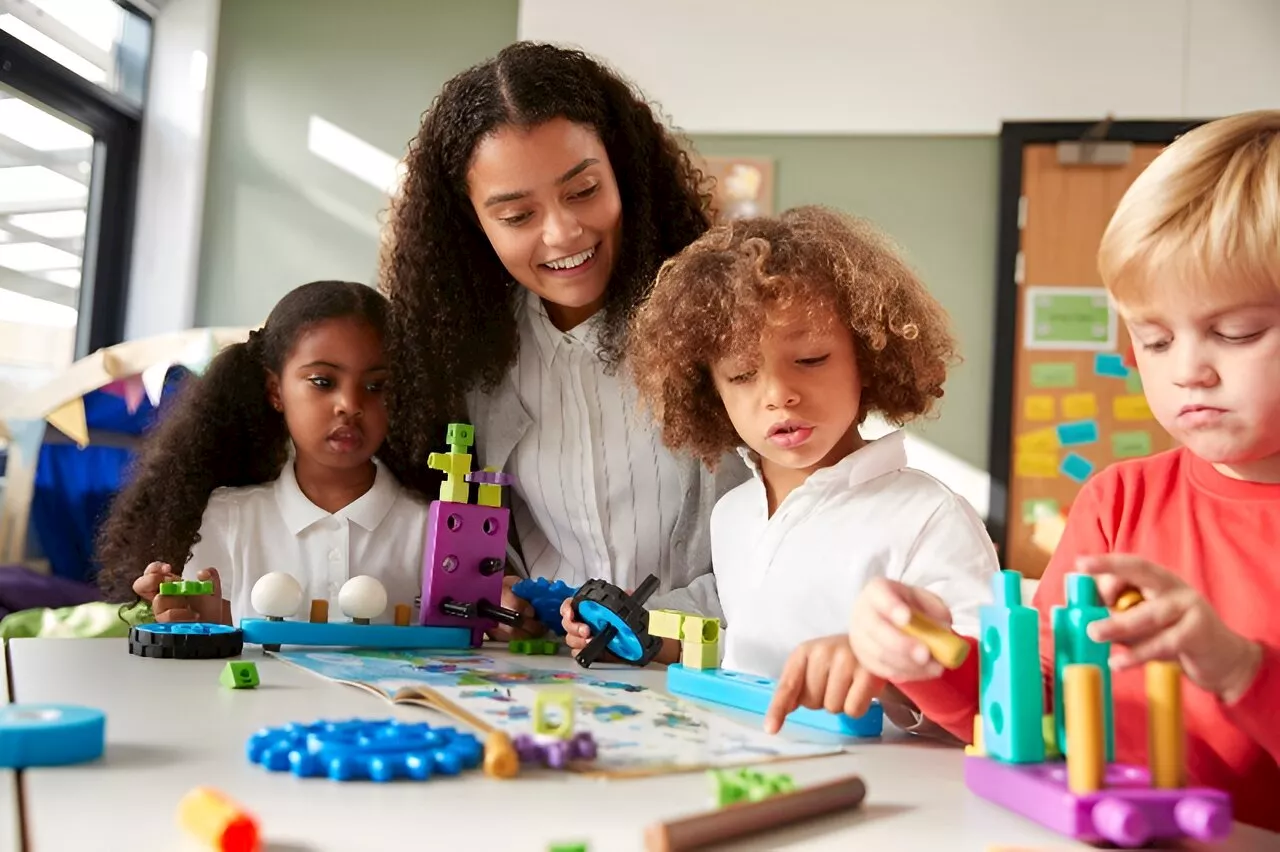 Helping your child make friends with a child with autismKids are very likely to make the acquaintance of a child diagnosed with autism spectrum disorder at some point, whether they know it or not. An estimated 95% of children with disabilities enroll in regular schools, experts say.
Helping your child make friends with a child with autismKids are very likely to make the acquaintance of a child diagnosed with autism spectrum disorder at some point, whether they know it or not. An estimated 95% of children with disabilities enroll in regular schools, experts say.
Read more »
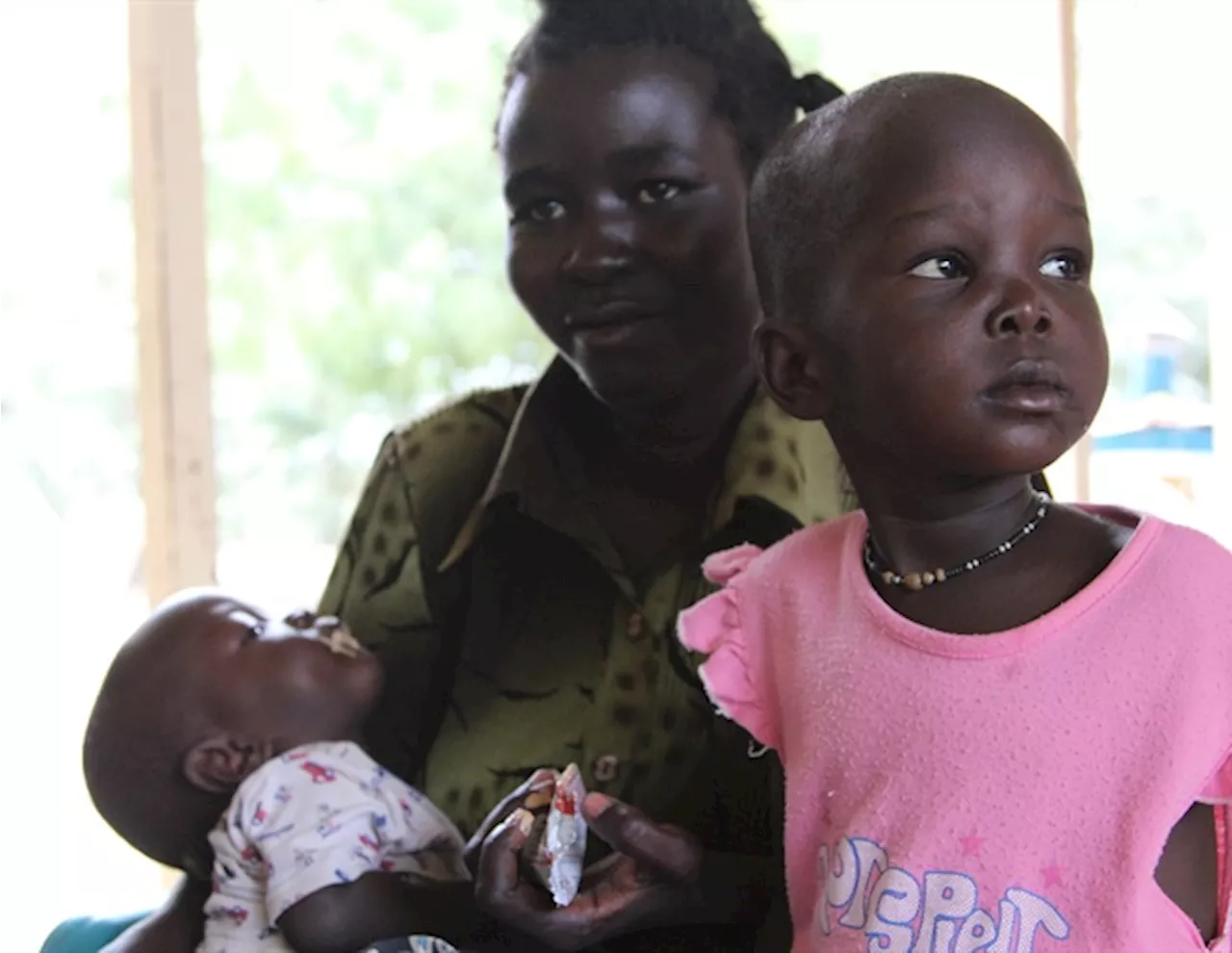 Study shows impact of primary health care in reducing child mortality in Latin AmericaThe implementation of primary health care (PHC) over the last two decades has prevented more than 300,000 child deaths in four Latin American countries, and could prevent more than 140,000 by 2030 in a scenario of economic crisis.
Study shows impact of primary health care in reducing child mortality in Latin AmericaThe implementation of primary health care (PHC) over the last two decades has prevented more than 300,000 child deaths in four Latin American countries, and could prevent more than 140,000 by 2030 in a scenario of economic crisis.
Read more »
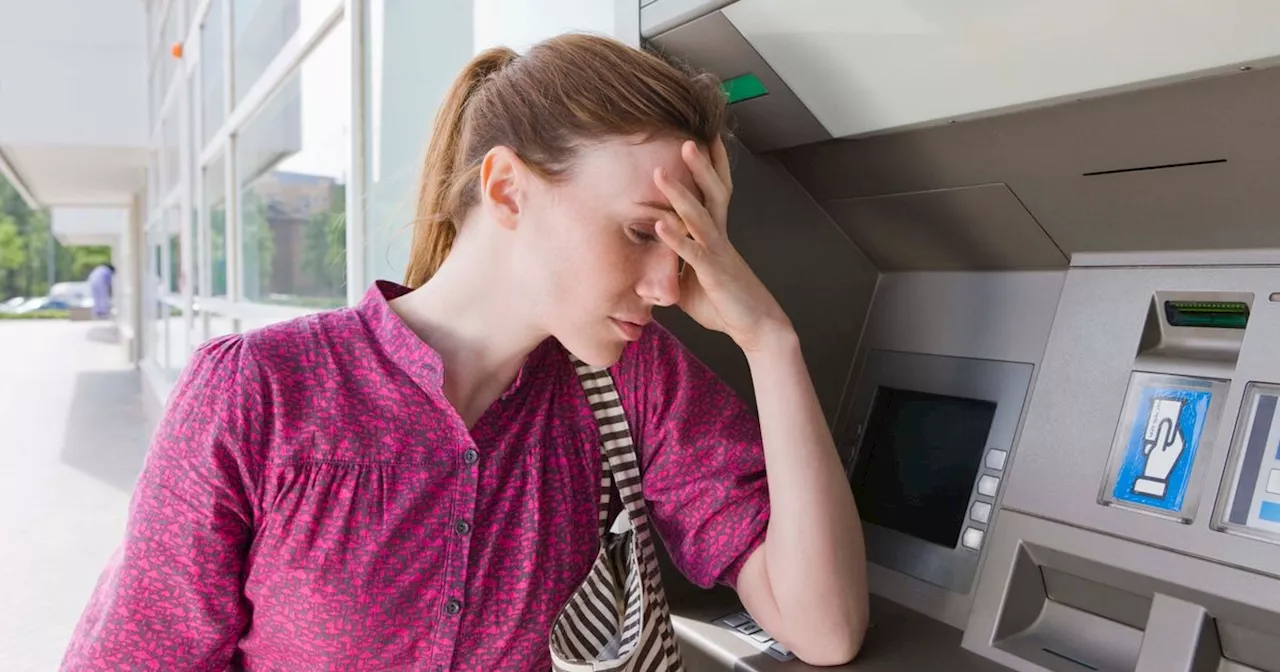 HMRC Child Benefit warning as payments could be stoppedOne parent per child can claim Child Benefit from HMRC
HMRC Child Benefit warning as payments could be stoppedOne parent per child can claim Child Benefit from HMRC
Read more »
